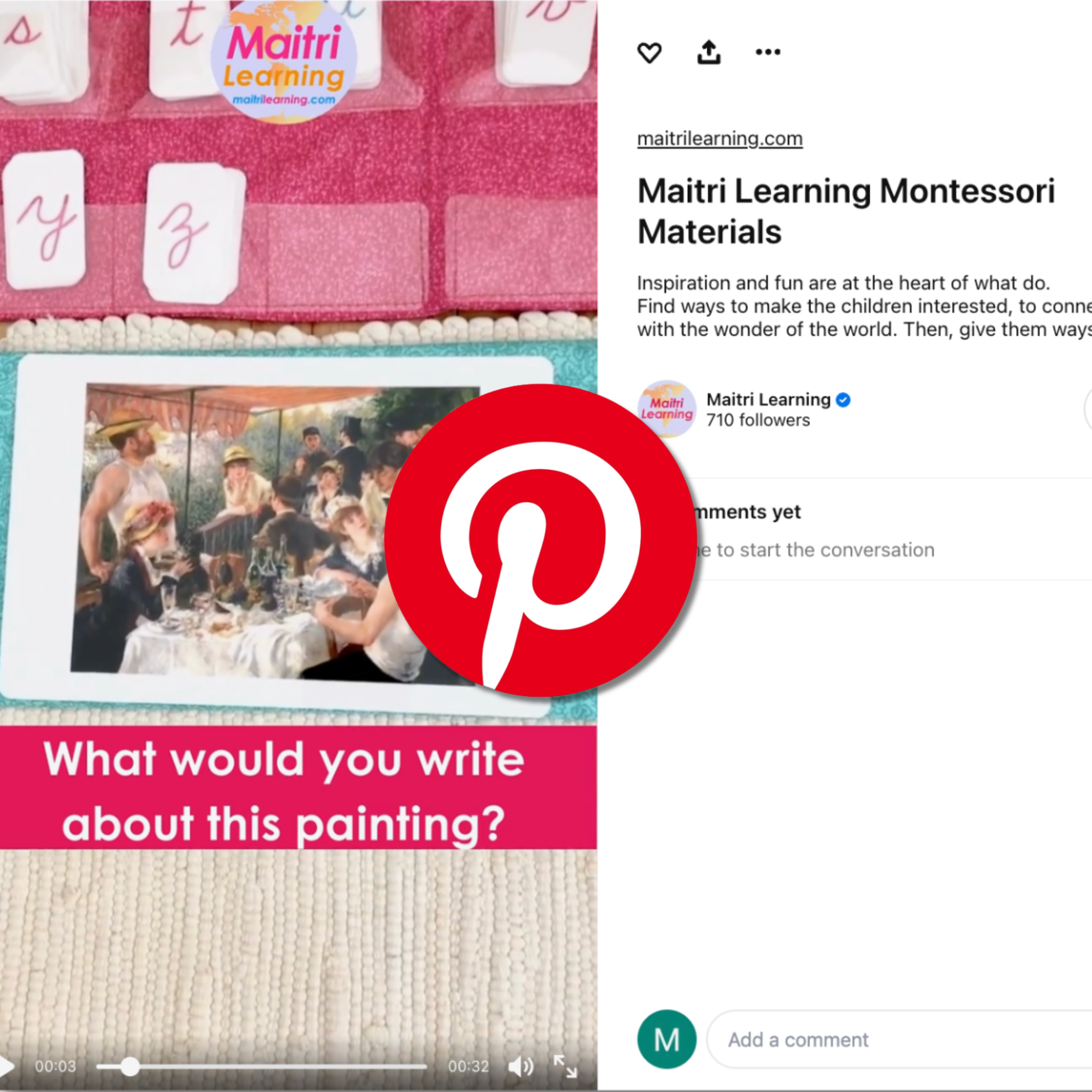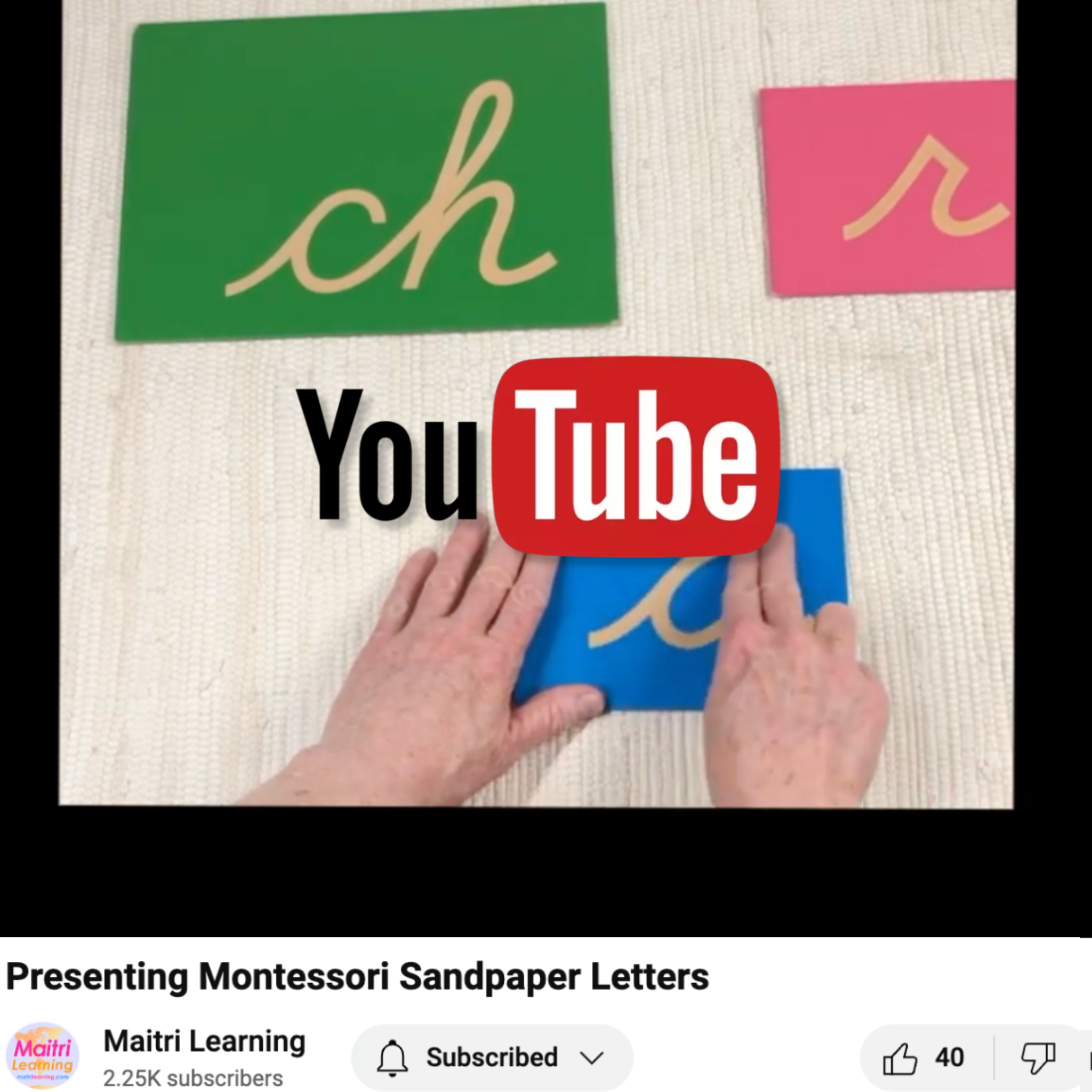Homeschooling after public school

Question:
Currently I’m amidst our third year of homeschooling our two boys (11 & 9), and still repairing holes left from the public school. After IEPs, tutors, different curriculums, I’ve discovered my boys (dyslexic and brilliant!), benefit from the ways I learned - old school, Montessori, tried and true.
I have gathered many of the resources and even have the primary albums for teaching. However, at the same time I’m trying to “catch them up” without hurrying their mastery. My oldest overthinks spelling and I have literally started from the beginning to break old habits and correct understanding. I find starting with “very easy” gives the momentum of accomplishment and fosters confidence.
Would you mind offering any feedback you have and even better, a sample daily routine that incorporates appropriate subjects? With language as their biggest struggle I tend to focus on that in particular but I want our homeschool experience to feel less like “English tutoring” and more well-rounded. This has been my biggest struggle as I need to focus on their language skills without taking the joy from holistic learning. I get stuck with how to teach all the LA parts together (ie. What to teach at the same time? Grammar before Writing mechanics?) how much time to allow for the subjects. I wish I could rewind and afford Montessori for both of them, but this is our journey and we’re embracing where we are. I truly appreciate your willingness to help.
Julia says:
I think in your situation the best advice to offer is the classic Montessori wisdom of "follow the child." Use your powers of observation to see what is of interest to your children and try to engage them in the work through that interest. So, if your child loves native American mythology, use phrases from those stories in your grammar and reading analysis lessons. If they love animals, use animals to inspire their writing work. In this way, you can cover language implicitly as they study history and science.
There's isn't a specific schedule to follow when guiding the children. You want their interest/work to guide the schedule. However, when working with dyslexia or remediating other learning challenges, there is some work that you need to practice every day, just like brushing your teeth. Let the children decide when to fit that work in (as they are able) and give them options on how to practice the skill. For example, reading practice happens at the word/phrase level via the grammar/function of words, reading classification, and word study activities. Let them choose which works they want to do and when but always making sure they have exerted some effort on the skill each day, preferably repeatedly. But again, the motivation for the repetition comes from the child's internal guide.
There are, however, a few tricks of the trade that tend to work with children in the second plane. Think of the general development needs of the 6 to 12 year old. What is the overriding question they are trying to answer...Why is the world the way it is? Appeal to their sense of justice, fairness, and morality. You can often rouse their interest by speaking in terms of fairness or equity.
The pedagogy can guide us with general parameters but each child is unique. So, how we apply the pedagogy in a specific situation is quite individual. Practice scientific observation and then inspire the child towards the work that matches their individual needs as well as the needs of the second plane child.








2 comments
Yes Susan!! Your books are a wonderful resource for all who work with children. Thank you for the link!
Julia Volkman
Some ideas might be found in this book, written by a Montessori 0 to 18 teacher, with 15 years of homeschooling experience (after the homeschooler grew up and became a professional musician and head of us on environmental Law Firm) http://www.michaelolaf.net/MontessoriHomeschooling.html
Susan Stephenson
Leave a comment
This site is protected by hCaptcha and the hCaptcha Privacy Policy and Terms of Service apply.